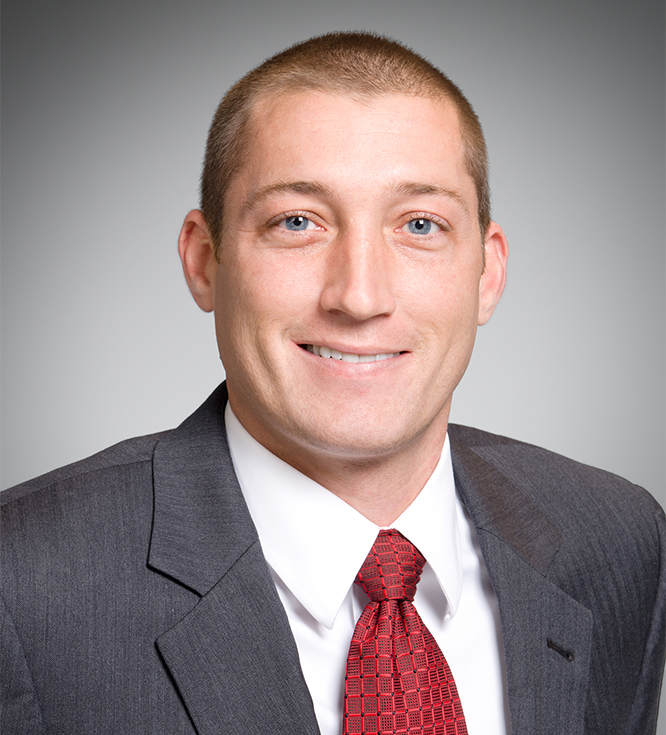Property taxes are often the largest South Carolina tax paid by manufacturers. Property taxes are assessed annually on real and personal property owned by a manufacturer (excluding inventory and supplies) on Dec. 31, of the preceding calendar year. Property taxes are due on Jan. 15 of the year following the tax year.
A manufacturer’s property tax liability is determined by multiplying the value of its property by an assessment ratio by a local millage rate. The default property tax regime may be altered when a manufacturer enters into a fee-in-lieu of tax arrangement (FILOT).
The South Carolina Department of Revenue (SCDOR) is responsible for valuing property owned by manufacturers. Manufacturers are required to file Form PT-300, Property Tax Return, annually with the Department of Revenue. The due for the PT-300 is the last day of the fourth month following the close of a taxpayer’s tax year (April 30, for calendar year taxpayers). No filing extensions are available. SCDOR issues a proposed assessment using Form PT-310 once a return has been processed (generally in August for calendar year taxpayers). A manufacturer has 90 days to protest a proposed assessment.
This blog provides a general overview of the South Carolina property tax regime. Future blogs will address valuation, assessment ratios, millage rates, FILOTs, and assessment/appeal procedures in greater detail.
Property Valuation
The value of a manufacturer’s personal property is determined by subtracting a depreciation allowance from the original cost of the property. The depreciation allowance is set forth in S.C. Code § 12-37-930 and varies from 6 percent to 20 percent based on the classification of a manufacturer. Income tax depreciation is not used to determine the value of personal property and the statutory depreciation allowance generally results in slower depreciation. In certain instances a manufacturer may be able to claim an additional allowance for extraordinary obsolescence.
The value of a manufacturer’s real property is determined by appraisal, unless a manufacturer has entered into a fee-in-lieu of tax agreement (FILOT). If a taxpayer has entered into a FILOT, the value of a manufacturer’s is generally equal to its cost throughout the term of the FILOT.
Assessment Ratio
The default assessment ratio for manufacturer’s property is 10.5 percent. By entering into a FILOT manufacturers can reduce the assessment ratio to 6 percent (or even 4 percent for large projects).
Millage Rate
The applicable millage rate will depend on where property is located. Counties, school districts, and municipalities all impose varying millage. The South Carolina Association of Counties compiles an annual summary of the millage rates imposed throughout South Carolina. Millage rates are determined annually. By entering into a FILOT a manufacturer can lock-in a millage rate that existed when it entered the FILOT.
Example
Honda purchases real property for $1 million and machinery and equipment for $4 million in 2015. Honda is entitled to a statutory depreciation allowance of 10 percent for its machinery and equipment. The real property has an appraised value of $1 million. Honda is located in area that has a millage rate of 0.350 (350 mills) (the 5 year manufacturers abatement for county and/or municipal millage is not taken into account in this example). Honda has not entered into a FILOT. The property tax in the 2016 tax year is $169,050, calculated as follows:
Real property value = $1,000,000
Personal property value = $3,600,000
Total property value = $4,600,000
x 10.5% assessment ratio = $483,000
x .350 millage rate = $169,050
If Honda had instead entered into a FILOT that provided a 6% assessment ratio, the property tax in the 2016 tax year would be $96,600, calculated as follows:
Total property value = $4,600,000
x 6% assessment ratio = $276,000
x .350 millage rate = $96,600
Jeffrey T. Allen
Jeff serves as the assistant practice group leader for McNair Law Firm’s tax practice. He advises clients on a variety of transactional matters and represents clients in tax controversy matters before the South Carolina Department of Revenue (DOR), Internal Revenue Service (IRS), South Carolina Administrative Law Court, United States Tax Court and United States District Court.



Be the first to comment on "What are the property taxes for South Carolina’s Manufacturers?"